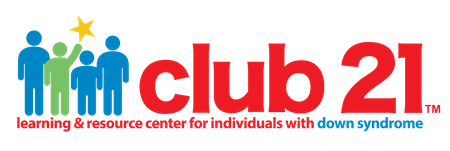Conservatorship - in a limited conservatorship, the judge first decides if a person with a developmental disability needs a conservatorship. If the judge decides they do, the judge must consider one by one whether the person needs help in each of the seven areas of life covered by the seven powers:
- Fix the conservatee's residence or specific dwelling
- Access the conservatee's confidential records and papers.
- Consent or withhold consent to the conservatee to marry
- Exercise the conservatee's right to enter into a contract
- Give or withhold medical consent on behalf of the conservatee
- Exercise or limit the conservatee's right to control social and sexual contacts and relationships
- Make decisions about the conservatee's education
How to start a limited conservatorship | California Courts | Self Help Guide
Supported Decision Making - is an alternative to guardianship. Instead of having a guardian make a decision for the person with the disability, Supported Decision-Making allows the person with the disability to make his or her own decisions.
